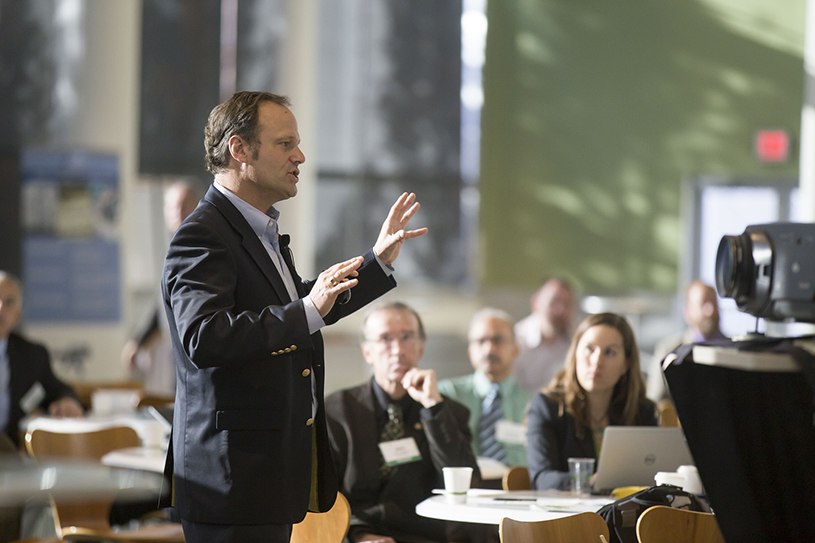OPS10 Time Management & Prioritization
An effective leader must efficiently prioritize the myriad tasks, decisions and activities that occur in the daily life of an organization, and manage time effectively. Prioritization is both an art and a science; being able to determine what is urgent versus important. How artful you are and how much science you employ is usually an unconscious [...]









